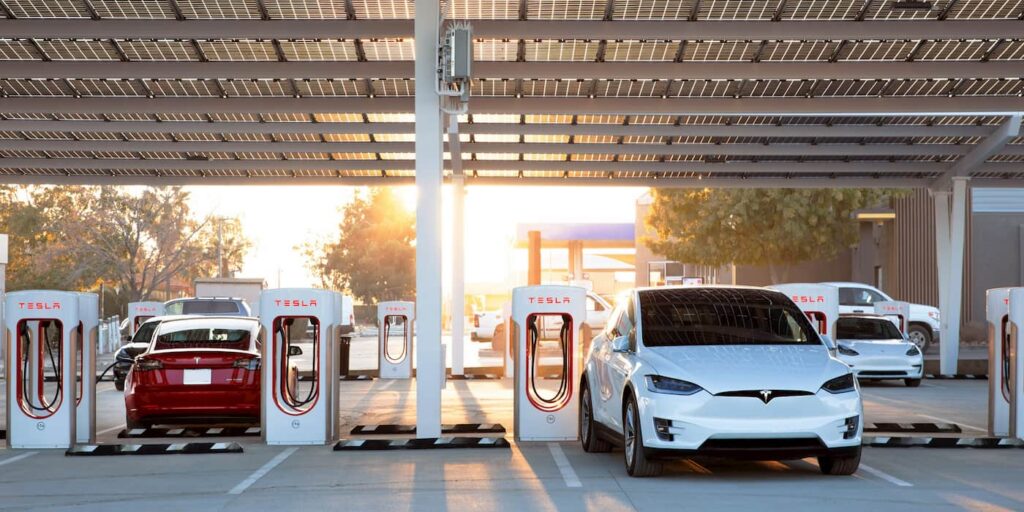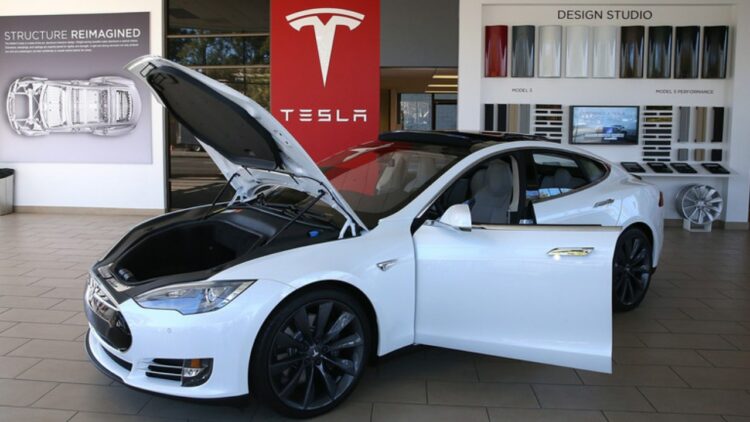A latest study by JD Power reveals that electric cars throw up more problems than petrol or diesel cars. JD Power is an American data analytics, software, and consumer intelligence company founded in 1968. It specializes in using big data, artificial intelligence and algorithmic models examining consumer behavior. It conducts many surveys to decipher the general trends across a varied range of industries. Since electric cars and their usage is a hot topic everywhere across the world at the moment, there are numerous studies conducted by the American firm. For now, let us look at the details of this rather surprising revelation about electric cars.
Electric Cars vs Petrol/Diesel Cars – Problems
As per this report, petrol and diesel cars displayed 180 PP 100 (problems per 100). This translates to 180 problems per 100 vehicles. Shockingly, this number for the EVs is 266 PP 100. Hence, in every 100 cars surveyed, electric cars had 86 more problems in comparison to petrol or diesel vehicles. Remember that for this survey, BEVs (Battery Electric Vehicles) and PHEVs (Plug-in Hybrid Electric Vehicles) are being combined. It was originally thought that the EVs have fewer moving parts. As a result, they will encounter less problems. In turn, the repair costs will be much lower.
However, the main issue with modern EVs is the excessive use of technology. While it is true that there are not many mechanical problems with electric cars, there are increasing glitches pertaining to technology, electronics or software. The Senior Director of Auto Benchmarking at JD Power, Frank Hanley, said, “It is not surprising that the introduction of new technology has challenged manufacturers to maintain vehicle quality. However, the industry can take solace in the fact that some problem areas such as voice recognition and parking cameras are seen as less problematic now than they were a year ago.”
He further remarked that “Owners of cutting edge, tech-filled BEVs and PHEVs are experiencing problems that are of a severity level high enough for them to take their new vehicle into the dealership at a rate three times higher than that of gas-powered vehicle owners.” Some other key findings of this study are the following:
False Error Warnings
As the technological components and operating systems become more common in new cars, particularly electric vehicles, the owners are unable to understand or decode the error signals and warnings. Hence, they had to go into the repair shop. Now, in many cases, these are often false warning signs due to many reasons. Therefore, the owners had to waste their time, get frustrated and lose peace of mind for some reason which never existed in the first place. For instance, the rear seat reminder technology is designed to help car owners avoid inadvertently leaving a child or pet in the rear seat when exiting the vehicle. This issue contributes 1.7 PP 100 across the industry. In some cases, the system wrongfully detects that there is someone in the seat. Similarly, there are numerous ADAS functions which intrude into the driving of the owner too much even when it is not needed.
Android Auto and Apple CarPlay
Our entire world can be scooped up in our mobile phones these days. Hence, Android Auto and Apple CarPlay become crucial tools to make our lives easier by connecting them directly to the car. In this manner, the user can directly operate their apps on the touchscreen infotainment system of their cars. Constant issues in connecting smartphones with cars are among the top 10 problems car owners face today. More than 50% of Apple users and 42% of Samsung users access their respective features every time they drive. Losing connection while on the go is a common problem with this setup.
In-car Controls
Features, controls and displays are the second most problematic category in the study. This includes having to operate simple car functions like wipers, headlamps, mirrors, etc in some EVs via the operating system of the car. In fact, the PP 100 in this category is 30% higher in EVs than in petrol or diesel cars. We see that most carmakers are going with the button-less configuration where everything is operated by the touchscreen. That even comes with its own safety concerns.

Foul-Odoured Cabin
I must admit that this is the most bizarre issue I came across in this report. It mentions that EVs tend to stink more in comparison to traditional ICE cars inside the cabin. This study says that after 2023, this issue has gotten worse with every car brand except Kia and Nissan. Allegedly, the foul odour originates from vehicles’ heating, ventilating and air conditioning systems, as per the users. These are the top issues EV owners are facing more in electric cars than in regular vehicles.
You may also like: Hyundai Creta EV Spied Yet Again, New Details Out


